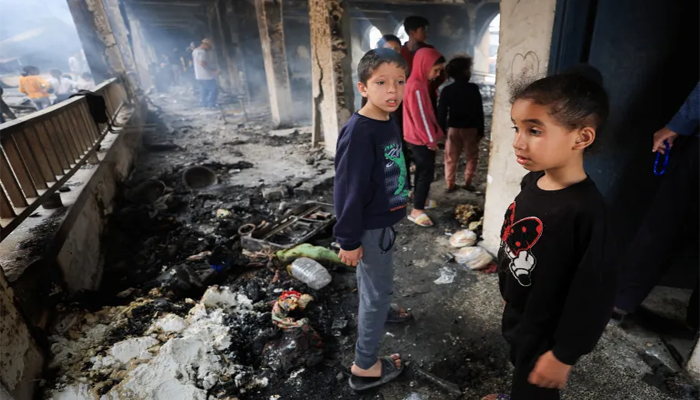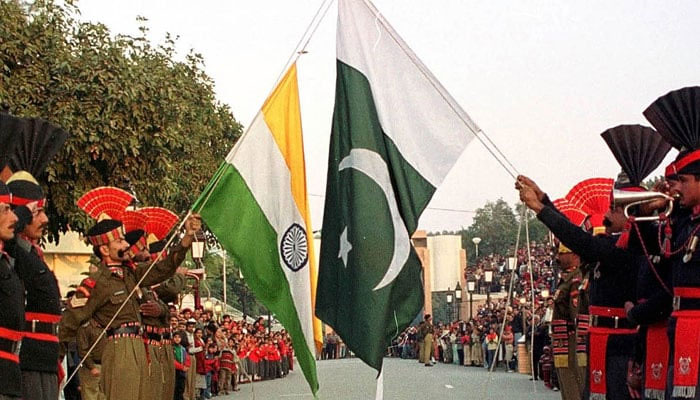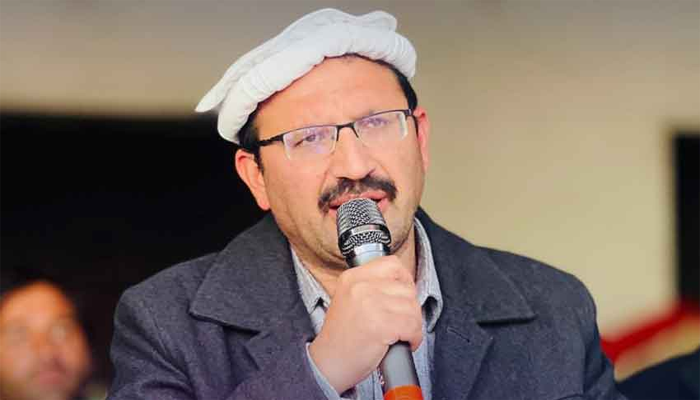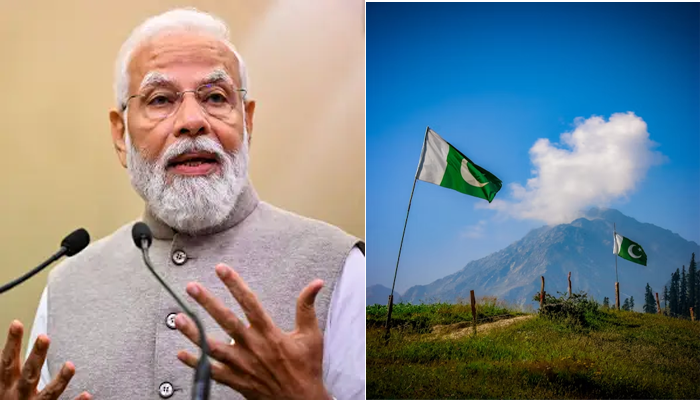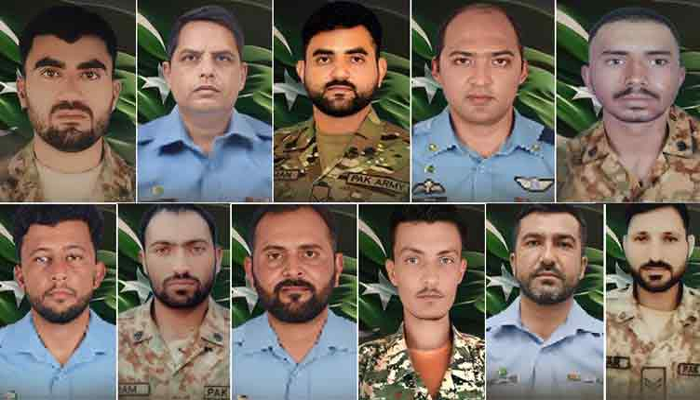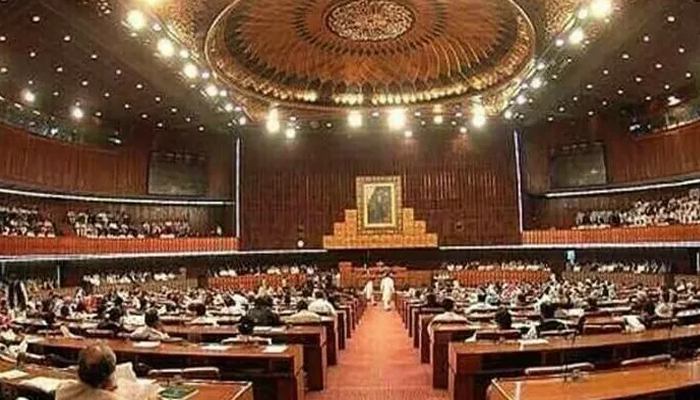ISLAMABAD: Pakistan has urgently called upon the United Nations Security Council (UNSC) to take immediate action to end the humanitarian crisis in Gaza, where Israel has imposed a complete aid blockade for over two months. Ambassador Asim Iftikhar Ahmad, Pakistan's Permanent Representative to the UN, addressed the 15-member Council on Tuesday, describing the situation as a "catastrophic" humanitarian tragedy.
Ambassador Ahmad emphasized that the international community, particularly the UNSC, is being judged by its response to the suffering of the Palestinian people. He urged the Council to act with urgency and unity to alleviate the crisis and to ensure that justice is served for the long-oppressed Palestinian population. "We, this Council, and those most responsible, are being judged, and will be judged in posterity; Let us come together, and act, united, in the interest of peace, for the sake of humanity," he stated during a briefing on the humanitarian situation and the protection of aid workers in Gaza.
Thomas Fletcher, Under-Secretary-General for Humanitarian Affairs and Emergency Relief Coordinator, also addressed the Council, condemning Israel's actions as "deliberate and unashamedly imposing inhumane conditions on civilians in the Occupied Palestinian Territory." He reported that for more than 10 weeks, no aid—food, medicine, water, or shelter—has entered Gaza. Fletcher urged the international community to reflect on its response to what he termed a "21st-century atrocity" and to take decisive action to prevent further escalation.
Ambassador Ahmad commended Fletcher for his "sobering and deeply troubling" briefing and reiterated Pakistan's position that the blockade constitutes a systematic effort to dismantle the civilian population through starvation and the destruction of humanitarian infrastructure. He highlighted that over 2 million people, half of them children, are enduring extreme conditions, with aid blocked, hospitals overwhelmed, and families trapped amid rubble and despair. "Famine is no longer looming—it is present," he asserted, noting that one in every three children under two years old is acutely malnourished.
Pakistan also rejected the so-called militarized 'aid coordination mechanism,' which would reduce humanitarian access points from 400 to merely five tightly controlled hubs near military installations. Ambassador Ahmad argued that this approach undermines and violates core humanitarian principles of neutrality and impartiality, potentially transforming humanitarian aid into an instrument of coercion and forced displacement.
The Pakistani envoy's remarks underscore the nation's ongoing commitment to advocating for Palestinian rights and calling for international intervention to address the dire situation in Gaza.

